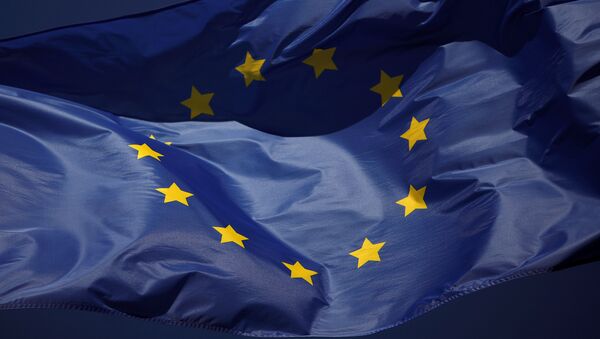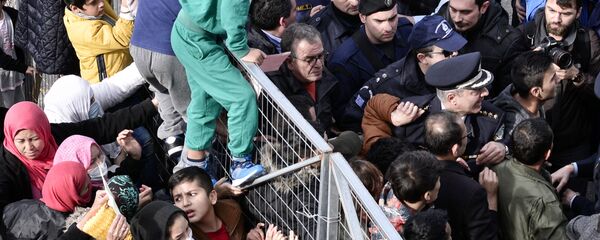In many ways, the EU's future depends on the outcome of the national elections in its key member states, which is why 2017 was previously dubbed "Super Election Year." Last week, EU bosses found reports from the Dutch polling stations somewhat soothing, as "troublemaker" Geert Wilders' Eurosceptic, anti-immigration party managed to garner more votes than ever before, yet was still rejected by the majority of the Dutch. However upcoming elections in France and Germany still remain hidden rocks for the EU.
According to researcher in European Studies and Philosophy at the University of Helsinki Timo Miettinen, this marks a paradigm shift in the EU.
"If we think back ten years, so there was no big interest in what happened in national elections across Europe. This shows that decision-making in the EU actually has changed, as it has suddenly begun to play a role for us nowadays," Miettinen told the Finnish daily Hufvudstadsbladet.
Social researcher Antti Ronkainen from the University of Helsinki ventured that the EU has moved from consensus to dissensus. The prerequisite for the former consensus was an unwritten social contract, which has disappeared.
"In the past, citizens could agree to delegate decision-making to the elected elite, because it was included in the contract that they in return received more economic prosperity and stability. When this is no longer true, trust issues emerge," Antti Ronkainen said.
Financial problems, unemployment and the euro crisis aside, what is perhaps even more important for the EU's future is the erosion of "Europe's historic soul," as Laura Kolbe, a professor of European history at the University of Helsinki, put it. Kolbe characterized Europe's foremost individual achievement as "the individual enlightened man." A longer list of "typical European things" from a historian's perspective includes law and order, morality and equality, as well as organization, functionality, freedom of expression, technical know-how, humanism and environmentalism. However, Europe is commonly associated with a high standard of living and its quality of life, due to decades of publicity.
"I once stood in Rotterdam and saw cargo ships go out, full of containers of European goods going to China. The European lifestyle and the taste are much sought-after," Kolbe said.
"After two world wars, it became difficult to talk about morality in Europe, despite the fact that we have actually gone through a moral zero. Now we suffer from a moral deficiency. Previously, it was the school's and the church's task to teach what was right and wrong," Kolbe said, venturing that "various platitudes" end up being designated as values. "Sometimes democracy and equality are referred to as values, but they are not. They are only political goals. Values are what get us to them," Kolbe argued.
In the long run, the lack of common beliefs may further aggravate the political discord between EU member countries, leading to insolvable differences and eventually even prompting national states to set out on their own quests for values.
Never miss a story again — sign up to our Telegram channel and we'll keep you up to speed!




